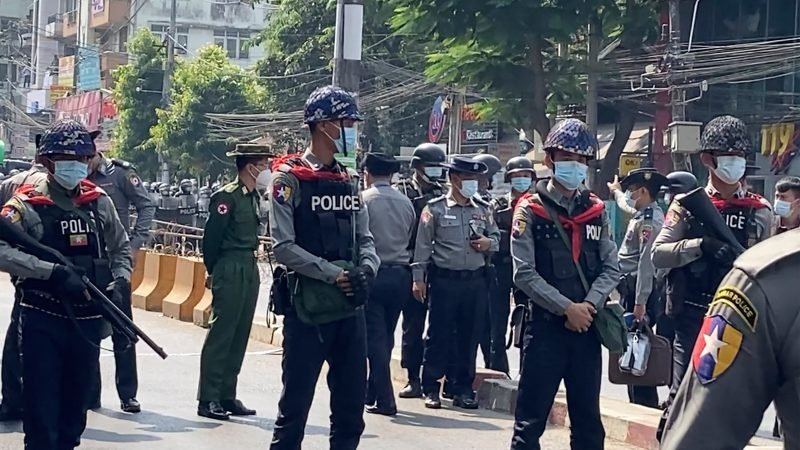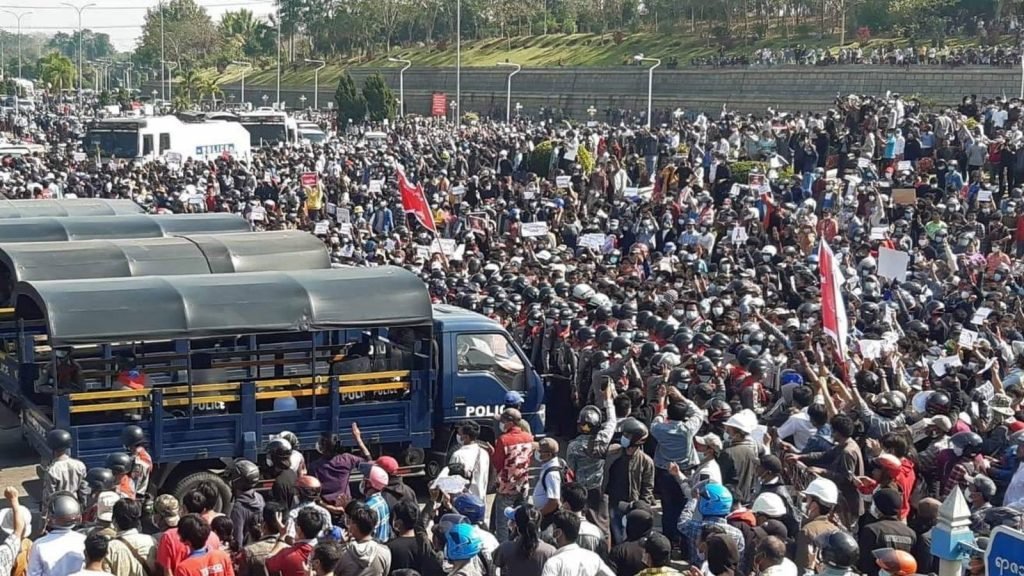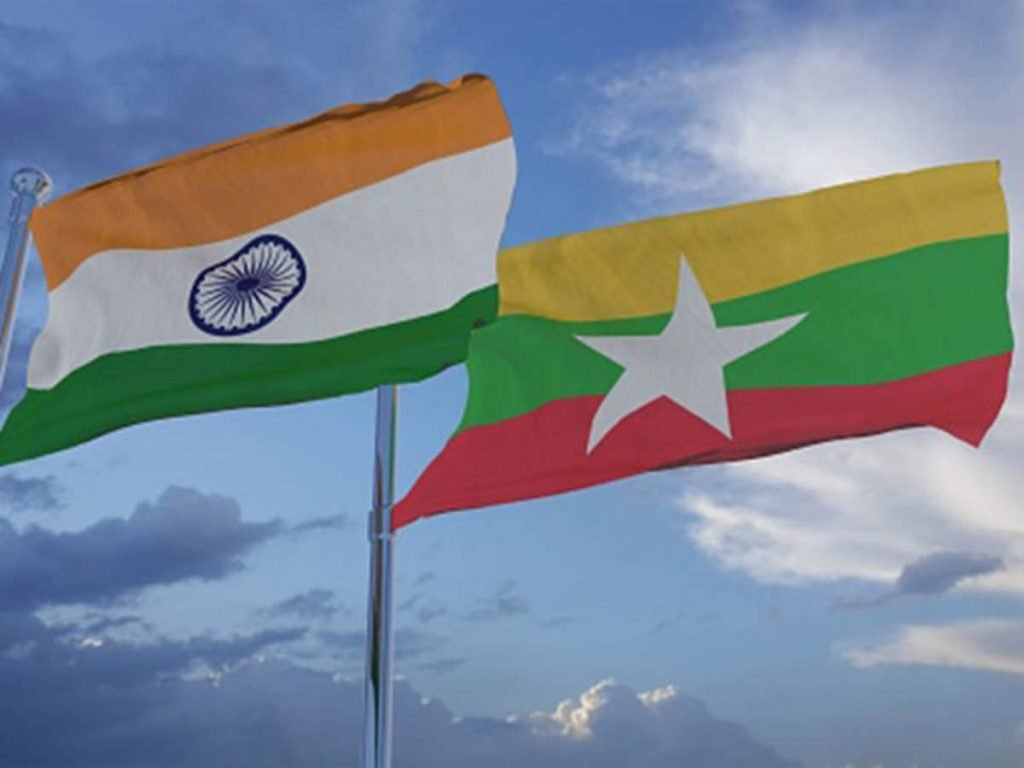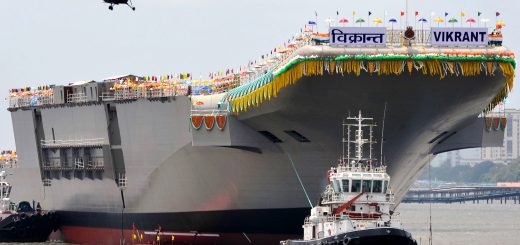Threatened democracy in Myanmar, is a matter of concern for India

Massive masses of demonstrators and protestors have trooped in cities and settlements across Myanmar in the leading show of popular rebelliousness so far as to a military coup week ago. From the Himalayan town of Putao to cities on the shore of the Andaman Sea, demonstrators jam-packed the roads and motorways for the third day of street demonstrations against the deporting of the democratically elected government of Aung San Suu Kyi. Most of the protests were nonviolent, but in the capital, Naypyidaw police arrayed passing spurts of water cannon counter to demonstrators, some of whom looked to have been offended when they were bumped to the earth. Police force seemed to stopover by means of the water cannon after dissenters attracted to them. The army is now back in control and has acknowledged a yearlong national of emergency. It grabbed government succeeding a general vote which Ms Suu Kyi’s National League for Democracy (NLD won by a landslide. The carrying weapons armies had supported the antagonism, who were challenging a rerun of the vote, alleging widespread scam. The election commission said there exists no proof to backing these assertions. The coup was presented as a new session of the legislative body was set to open. Ms Suu Kyi is supposed to be under house arrest. Several charges have been filed in contradiction of her, together with breaching import and export rules and possession of unauthorized communication strategies.

What has been the international reaction to the Myanmar crisis?
The United Kingdom, European Union and Australia are amongst those to have to chide the military annexation. UN Secretary-General, Antonio Guterres pronounced it was a “serious blow to democratic reforms.” US President Joe Biden has endangered to reinstate sanctions and approvals. But not every person has responded in this way. China obstructed a UN Security Council proclamation dooming the coup d’état. The nation-state, which has earlier disapproved international intervention in Myanmar, urged all sides to resolve differences. Its Xinhua news agency described the changes as a cabinet reshuffle. Neighbours together with Thailand, Cambodia and the Philippines, have said it is an internal matter.
How have people acted in response?
Ms Suu Kyi insisted on her followers and supporters to “protest against the coup”, the nights that tracked the military seizure saw people demonstrate their disagreement by hitting pots and blowing car horns. The workforce at dozens of medical centres and hospital marched out. The military jammed entrance, which is extensively used from corner to corner of the country. But that unsuccessful to discontinue massive countrywide demonstrations on Saturday. The leaders then ordered a full internet shutdown. Dissenters, yet again, took to the roads to censure the coup. Sunday saw the country’s largest protest when thousands of the country’s monks and hermits rose up against the military regime.

India’s stand
India is involved on the Myanmar issue as a participant of the UN Security Council. In a little while after the coup, India had conveyed apprehension and said the rule of law and the self-governing process must be sustained and defended. Though India has spoken deep distress over recent growths in Myanmar, cutting off from the Myanmar military is not a feasible option as India has important economic and strategic benefits in Myanmar and it’s a neighbourhood.
In a state where military management has scripted the implication of democracy, strains are most likely to prevail over. In such circumstances, internal forces and geopolitics repeatedly miss the mark to daunt its actions and whim to rule. It is likely for India to feel worried when democracy in a country is endangered. But the country must be loyal to its policy of non-intervention in another state’s internal matters. Keeping the national interest of the country in mind, India shall perceptively poise its principles, values, and interest and geopolitics realities.



















